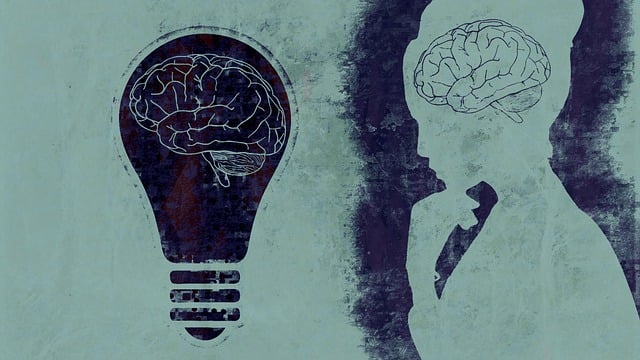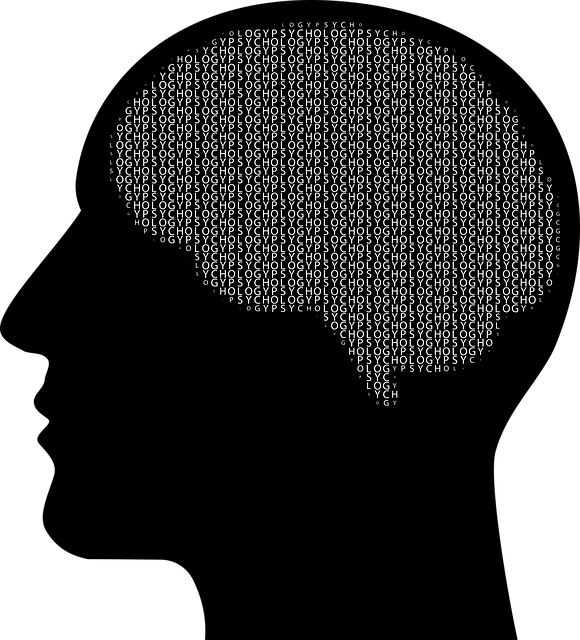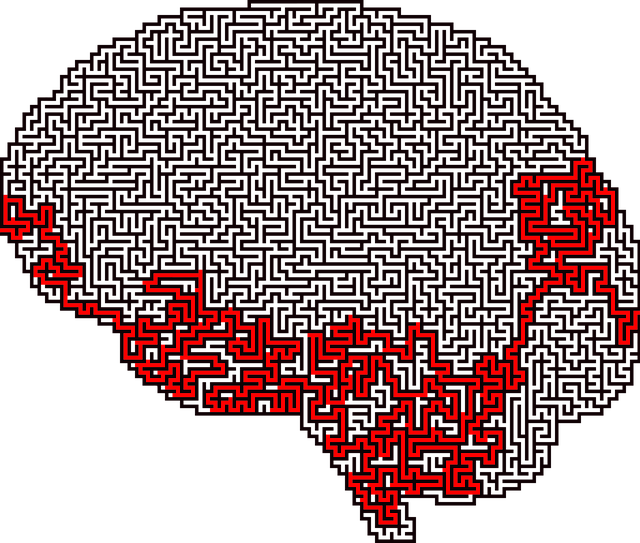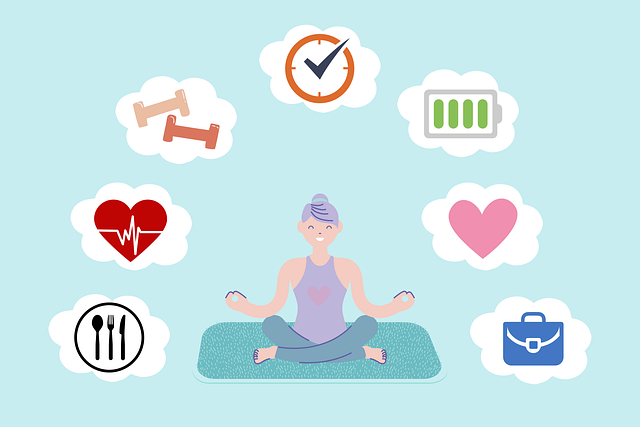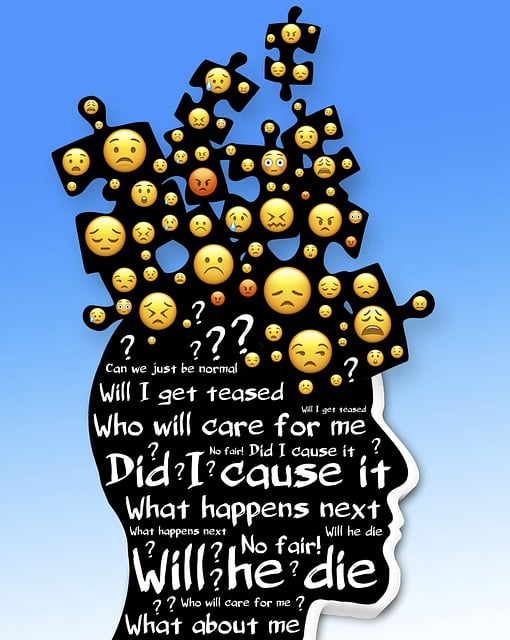Mental wellness apps are transforming therapy for young children with developmental disabilities by offering innovative, engaging tools for self-care and emotional support outside clinical settings. These apps, developed through collaboration between mental health professionals and developers, incorporate gamification and visual aids to teach coping mechanisms and empathy building strategies. Key considerations include age-appropriate content, cultural sensitivity, privacy protection (like encryption and secure storage), parental consent, risk management planning for professionals, and guidance on safe digital practices to ensure a safe and effective therapeutic experience.
Mental wellness apps are transforming children’s therapy, addressing the growing need for accessible and engaging interventions. This article delves into the development of such apps, focusing on their role in young minds’ treatment and growth. We explore key considerations like designing age-appropriate content, incorporating features to support developmental disabilities, and ensuring privacy and ethical standards. By harnessing technology, mental wellness apps offer a promising path toward enhancing therapy for young children and those with developmental disabilities.
- Understanding the Need for Mental Wellness Apps in Children's Therapy
- Designing Effective Interventions for Young Minds
- Incorporating Features to Support Developmental Disabilities
- Privacy, Ethics, and Ensuring a Safe Digital Environment
Understanding the Need for Mental Wellness Apps in Children's Therapy

In today’s fast-paced world, mental wellness apps are becoming increasingly vital tools in children’s therapy, especially for those with developmental disabilities. These digital solutions offer a unique and engaging approach to addressing emotional and psychological needs that may be difficult to tackle through traditional methods alone. With many young minds facing various challenges, from anxiety and depression to sensory processing disorders, the demand for innovative interventions is higher than ever.
Mental wellness apps provide an accessible platform for self-care practices tailored to children’s specific needs. They can offer crisis intervention guidance, teaching them coping strategies for stressful situations. Moreover, these apps often incorporate games and interactive activities to foster resilience building, making therapy more engaging and effective. By leveraging technology, mental wellness apps have the potential to revolutionize children’s therapy, ensuring that support is readily available and accessible, even outside of clinical settings.
Designing Effective Interventions for Young Minds

Developing mental wellness apps tailored for young minds requires a nuanced approach to effectively address their unique needs. Interventions should go beyond traditional therapy and incorporate engaging, interactive techniques that resonate with this demographic. For instance, gamification elements can transform stress management into a fun activity, fostering emotional well-being promotion in an accessible manner. By designing apps that encourage self-expression and provide safe spaces for exploration, developers can significantly impact the emotional development of children, even those with developmental disabilities.
The process involves balancing therapeutic principles with innovative technology to create tools that teach essential coping mechanisms and empathy building strategies. Incorporating evidence-based practices alongside creative design choices ensures these apps cater to diverse user needs. Through collaborative efforts between mental health professionals and developers, it’s possible to craft applications that not only assist but also inspire young users to navigate their emotional landscapes with greater ease.
Incorporating Features to Support Developmental Disabilities

Developing a mental wellness app that caters to young children with developmental disabilities is a nuanced and important task. Incorporating features that cater to their unique needs requires careful consideration of age-appropriate content and engagement strategies. For instance, incorporating interactive games and visual aids can make therapy sessions more engaging for young users, enhancing their willingness to participate in mental health practices from an early age.
The app should also prioritize cultural sensitivity in mental healthcare practice. By reflecting diverse identities and narratives, the platform fosters a sense of belonging and trust, encouraging children to express themselves openly. Furthermore, integrating techniques that promote inner strength development can equip these young individuals with coping mechanisms tailored to their specific challenges. This holistic approach not only addresses symptoms but also empowers children to navigate life’s hurdles with resilience.
Privacy, Ethics, and Ensuring a Safe Digital Environment

Privacy, ethics, and safety are paramount when developing mental wellness apps aimed at therapy for young children with developmental disabilities. Users, especially vulnerable populations like children, require robust data protection measures to ensure confidentiality during interactions with the app. This includes implementing encryption protocols, secure storage of personal information, and transparent data-sharing practices with third parties.
Furthermore, developers must adhere to ethical guidelines that govern mental health care, such as obtaining informed consent from parents or guardians before collecting any child data. Risk management planning for mental health professionals should be integrated into app design, ensuring a safe digital environment. This includes providing clear guidelines on appropriate use of the app, establishing boundaries for virtual interactions, and offering resources for addressing potential online risks or adverse effects, like cyberbullying or unintended exposure to inappropriate content. Complementing these efforts, mental wellness journaling exercise guidance and healthcare provider cultural competency training can empower both users and professionals to navigate digital spaces responsibly and effectively.
Mental wellness apps have the potential to significantly enhance therapy for young children, especially those with developmental disabilities. By incorporating evidence-based interventions tailored to their unique needs, these apps can offer accessible and engaging support. However, developers must prioritize privacy, ethics, and a safe digital environment to ensure these tools are beneficial and harmless. Balancing innovation with responsible practices will enable mental wellness apps to play a crucial role in improving the lives of young minds.
